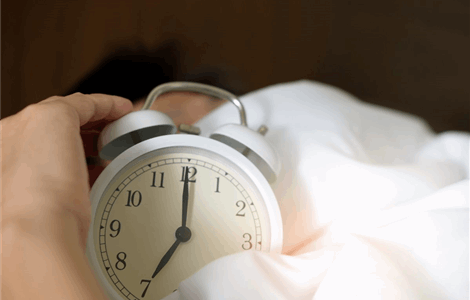
Getting a good night’s sleep seems so simple, but for many people it isn’t. We stay up too late, scroll on our phones, or wake up in the middle of the night and can’t fall back asleep. Poor sleep hygiene is often the reason. In this article, we’ll talk about what sleep hygiene actually means, the everyday habits that can affect how well you sleep, and some practical ways to improve it. And if you’re struggling beyond what simple changes can fix, remember that Helicopteros Sanitarios’ Sleep Doctor in Puerto Banús is here to help.
What is Sleep Hygiene?
Sleep hygiene isn’t about washing your sheets more often, although that might help too. It refers to the set of behaviors and habits that influence the quality of your sleep. Things like your bedtime routine, your environment, what you eat or drink before bed, and even how you handle stress. If your hygiene is poor, your sleep will probably be poor too.
Why It Matters
Consistently bad sleep doesn’t just make you feel tired. It can affect memory, mood, blood pressure, immune function, even weight. Sleep is the body’s time to repair and reset, and without it everything feels harder. That’s why even small improvements in your sleep routine can have a big payoff in how you feel during the day.
Practical Tips for Better Sleep Hygiene
There’s no one perfect formula, but these are some of the most effective changes:
Create a wind-down routine
Your body needs signals that the day is ending. A warm shower, reading, listening to calm music—these small rituals tell your brain it’s time to slow down.
Watch your screen time
Blue light from phones and tablets tricks your brain into thinking it’s still daylight. Try putting devices aside at least an hour before bed. Hard at first, but worth it.
Keep a consistent schedule
Going to bed and waking up at the same time—even on weekends—helps regulate your internal clock. Yes, that means no 3 a.m. Netflix binge followed by a midday lie-in.
Make your room sleep-friendly
Cool, dark, quiet. That’s the golden trio. Blackout curtains, earplugs, or even a white-noise machine can make a big difference.
Limit stimulants
Caffeine, nicotine, even late-night heavy meals can sabotage sleep. If you’re sensitive, cut coffee after lunch and keep dinner light.
Don’t toss and turn forever
If you can’t sleep after 20 minutes, get up. Read something quiet or sip water in another room. Forcing sleep rarely works.
When Simple Changes Aren’t Enough
Sometimes, even with the best habits, sleep problems persist. Maybe you wake up gasping, or your partner notices you snore heavily. Or perhaps you’re always tired, no matter how long you stay in bed. That’s when it’s time to look deeper, and professional help matters.
Sleep Doctor in Puerto Banus
If you’re in Marbella, Estepona, or anywhere in the Costa del Sol, our Sleep Doctor in Puerto Banús can evaluate your situation, run the right tests, and create a treatment plan tailored to you. You don’t have to keep pushing through groggy mornings and restless nights. With the right support, better rest is possible.
Don’t wait until exhaustion takes over your days. Contact Helicopteros Sanitarios today and let our Sleep Doctor in Puerto Banús guide you toward healthier, restorative sleep.